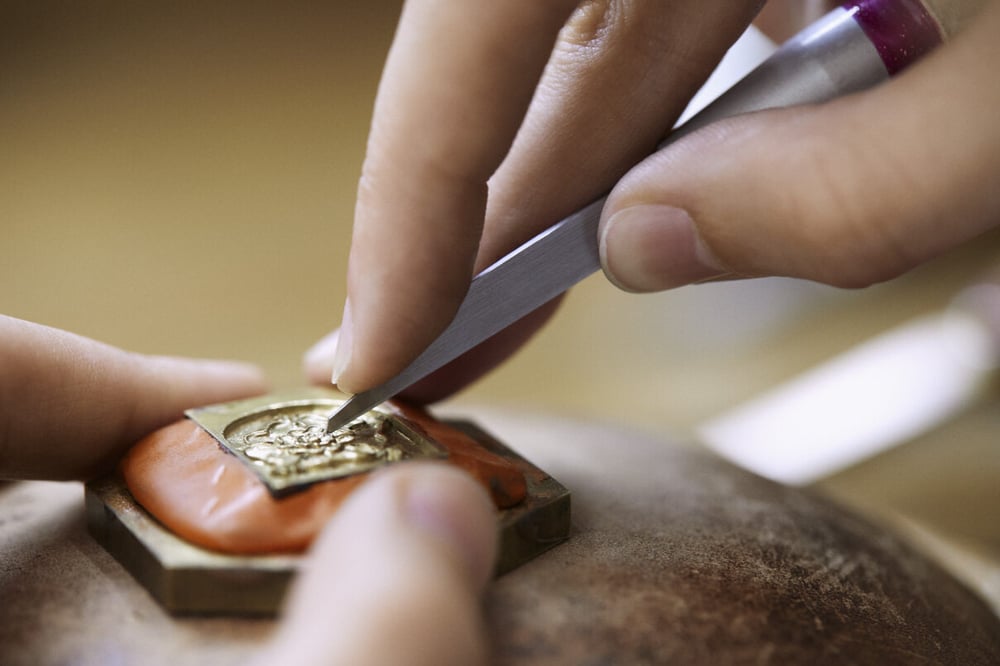World's Largest High Jewellery Workshop Revealed by Cartier

Cartier, the world's largest fine jewellery workshop, has unveiled its high-class jewellery workshop.
By Dominique Muret and Translated by Cassidy STEPHENS This report was published on Dec 20, 2023 Boasting over 200 proficient artisans working in unison in a single location in Paris, Cartier has the distinction of having the world's foremost fine-jewellery workshop.
Since late 2016, this leading house of the Richemont luxury conglomerate has relocated its various production sites into a singular, discreet structure located in Paris' 9th Arrondissement. Nestled in the heart of Paris' historic jewellery quarter, this location was given exclusive access to FashionNetwork.com for a visit. Admission into this facility requires proper identification.
A badge is necessary for moving from one room to another on the upper levels and floor access is individually granted to each visitor. Red carpeting lines the lengthy spiralling corridors. The workshops, seen clearly through glass partitions, mimic individual offices. Respecting the spirit of the Parisian micro-workshops, these rooms are intentionally constrained in size, housing a dozen artisans at most, sometimes less, inclusive of two apprentices.
This is primarily because these skills are best taught through on-job training. Additionally, this facility, which employs over 500 personnel, includes sections dedicated to fine jewellery production, creating small batches around ten pieces per model. There are also stations devoted to new jewellery, requiring substantially less work per piece. Gemologists, logistical and engineering teams also work here.
The workshops dedicated to fine jewellery consume three stories, along with a unit above the renowned Cartier boutique on Rue de la Paix, accommodating 25 jewellers. Artisans work from a design provided by their creative team. This single image and the corresponding gemstones guide the artisans in formulating and crafting the complete piece. Many of these truly exclusive designs demand between 1,000 and 2,000 work hours and may encompass up to 5,000 hours of work, equating to two years of labor. A fine jewellery craftsman may only produce around fifty unique jewellery pieces throughout his forty-year career.
Understanding the importance of training, Cartier creates a space for gem-setters, polishers, chisellers, lapidaries, and glypticians to master their craft. Some trades, however, are vanishing, like pearl threading. These craftsmen craft a collection of 200 to 300 unique pieces in a meticulous process over at least two years involving seventeen separate trades.
Cartier encourages handmade products, as less than 15% of the workshop's work is completed digitally, and utilizes technology to save time while permitting their highly specialized artisans to carry out majority work by hand. This is a Cartier hallmark that is attractive and encourages training for future generations, ensuring style continuity. Cartier is elevating initiatives to enhance training in these high-skill trades, due to a booming jewellery market and long apprenticeship periods.
They have their own jewellery institute since 2002, and has organized a digital bachelor's degree interestingly two years back.
They annually accommodate over 100 young individuals for workshop training in jewellery and watchmaking, with a goal to recruit them. According to Thibaut Lilas, Cartier has tripled its jewellery workforce in the past ten years.




